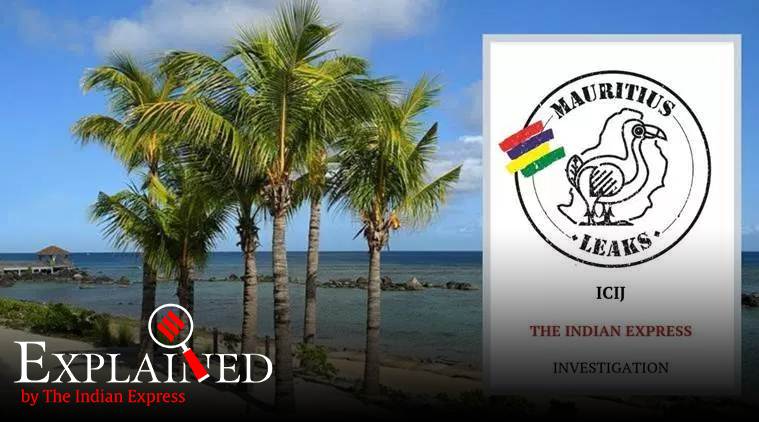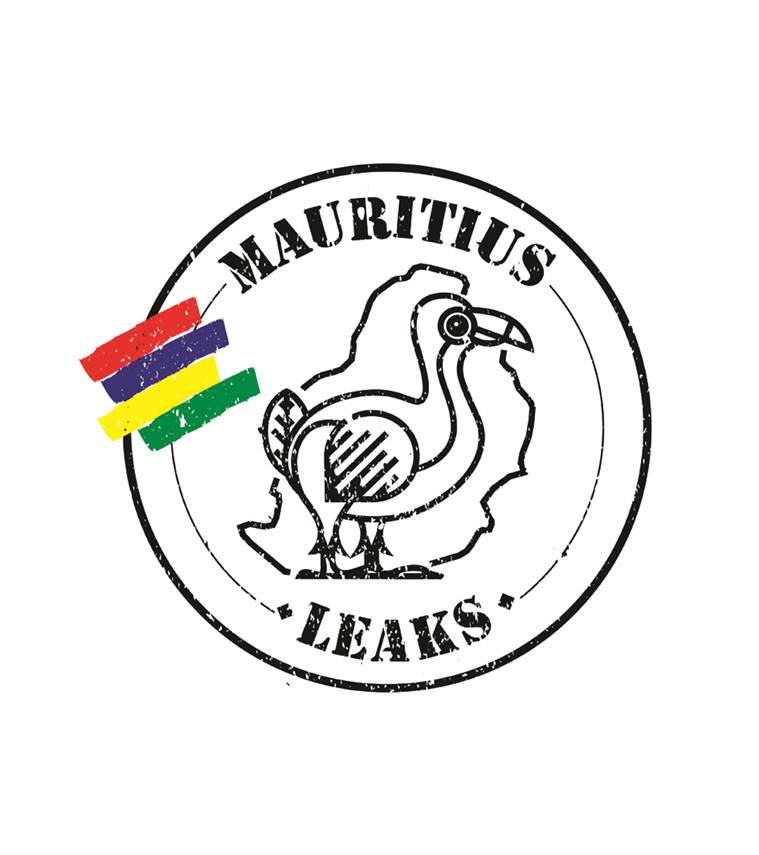Ritu Sarin is Executive Editor (News and Investigations) at The Indian Express group. Her areas of specialisation include internal security, money laundering and corruption. Sarin is one of India’s most renowned reporters and has a career in journalism of over four decades. She is a member of the International Consortium of Investigative Journalists (ICIJ) since 1999 and since early 2023, a member of its Board of Directors. She has also been a founder member of the ICIJ Network Committee (INC). She has, to begin with, alone, and later led teams which have worked on ICIJ’s Offshore Leaks, Swiss Leaks, the Pulitzer Prize winning Panama Papers, Paradise Papers, Implant Files, Fincen Files, Pandora Papers, the Uber Files and Deforestation Inc. She has conducted investigative journalism workshops and addressed investigative journalism conferences with a specialisation on collaborative journalism in several countries. ... Read More
Explained: What are the Mauritius Leaks, why are they important?
At the heart of the 18-country collaborative investigation by the International Consortium of Investigative Journalists (ICIJ) and The Indian Express are data from Conyers Dill & Pearman, an offshore specialist law firm with several Fortune 500 companies as clients.
 At the heart of the 18-country collaborative investigation by the International Consortium of Investigative Journalists (ICIJ) and The Indian Express are data from Conyers Dill & Pearman.
At the heart of the 18-country collaborative investigation by the International Consortium of Investigative Journalists (ICIJ) and The Indian Express are data from Conyers Dill & Pearman.
What are the Mauritius Leaks?
After Swiss Leaks, Panama Papers and Paradise Papers, over 200,000 emails, contracts and bank statements leaked from Mauritius show how the island nation was used by a long list of corporates to facilitate partnerships with multinationals and, without paying any capital gains tax, remit profits as Foreign Direct Investment (FDI) to India.
At the heart of the 18-country collaborative investigation by the International Consortium of Investigative Journalists (ICIJ) and The Indian Express are data from Conyers Dill & Pearman, an offshore specialist law firm with several Fortune 500 companies as clients, which started operations in 1928 from Bahamas — and in 2009 from Mauritius for investments being routed to Africa and Asia.
What is Conyers Dill & Pearman, the company at the centre of the leaks?
In 1998, Bermuda-based financial analyst Roger Crombie described the company in his book as a “full-service” law firm with an emphasis on corporate and commercial law, and offering property, trust and management services to companies and individuals.
READ | Via Mauritius, Religare moved funds to Singh brothers’ offshore company: records
The firm’s three founders — James Reginald Conyers, Nicholas Bayard Dill and James Eugene Pearman — were all knighted and held public positions in Bermuda. Over the decades, its Private Client department helped individuals minimise their exposure to taxation, and protect family assets, through various Trust structures. The company opened offices across the world — in Guernsey, Cayman Islands, Hong Kong, London and the British Virgin Islands (BVI) — with offshore entities incorporated at these sites under an affiliate company, the Codan Trust.
Why is the Mauritius connection important?
Conyers Dill & Pearman was among those who benefitted in the decades when there were tax breaks for companies and corporations routing their investments to India via Mauritius, among other offshore destinations. In 2016, India amended its Double Taxation Avoidance Agreement (DTAA) with Mauritius, and the new provisions — capital gains tax, instance — are now fully applicable.
In an interview published in the June 2019 edition of business magazine CEO Today, Ashvan Luckraz, an associate in the firm’s Mauritius office, said: “The challenges include the recent changes made to the double taxation avoidance agreement between Mauritius and India, which has brought uncertainty to the market. Furthermore, the advent of GAAR (General Anti Avoidance Rule) in India… and CRS (Common Reporting Standard) across major financial centers are bringing the Mauritius corporate structure under more scrutiny.”
Explained: How did tightening of rules in India affect the firm at centre of Mauritius leaks
What did the law firm do in Mauritius before the treaty was amended?
It offers to set up funds, supply local directors, registered local offices, secretarial and administrative services, and assist in bank account opening/government filing.
A power-point presentation of the firm, which is part of the leaks, claims that it can set up a GBC1 (Global Business Company, tax resident in Mauritius) within 10 working days for an annual licence fee of $1,750. It points out that companies registered in Mauritius had to pay an effective income tax slab not exceeding 3% and no capital gains tax.
The presentation notes: “We act on a large number of inward and outward investment transactions involving India and Africa (as well as other jurisdictions) and are notably established in the traditional markets that invest in India and Mauritius.”
In offers attractive “tax benefits and favorable fiscal regime” from Mauritius. They claim to introduce clients and companies to a “low/zero tax regime” where no capital gains tax would be payable in Mauritius.

What are some of the “transactions” listed by the firm in the leaks?
* Advised Vodafone Group plc on its $5.46 billion acquisition of a 33% stake in Vodafone Essar Ltd, a joint venture between Vodafone and Essar.
* Advised on the formation of two Mauritius-domiciled investment funds (with a Swiss Bank as manager), which are both investing in India, in listed securities and fixed income products.
* Advised a leading venture capital fund on restructuring its India-focused funds, which are domiciled in Mauritius and the Cayman Islands, and advising on the formation of new funds.
How did the tightening of rules in India affect the firm?
Leaked data show that before countries like India decided to rein in tax treaty benefits to increase their own tax base, bankers and companies like Conyers Dill & Pearman raised red flags over tightening regulations and compliance.
One leaked letter, received by Ashvan Luckraz, lists the concerns of several members of the Association of Trust & Management Companies of Mauritius. One member notes how banks like HSBC and Standard Chartered have removed non-profitable account holders for “compliance reasons”.
Another notes: “I believe that insane levels of responsibility and due diligence requirements heaped onto them (the banks) has rendered the service all but impossible, and therefore uneconomical. Every time India or the OECD (Organisation for Economic Co-operation and Development) clears its throat, we overreact with more destructive regulation….”





- 01
- 02
- 03
- 04
- 05


































